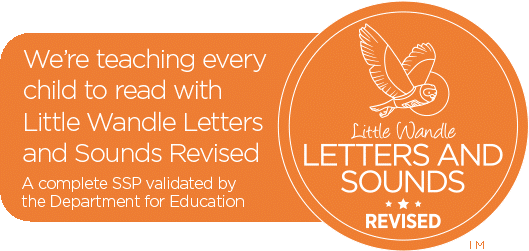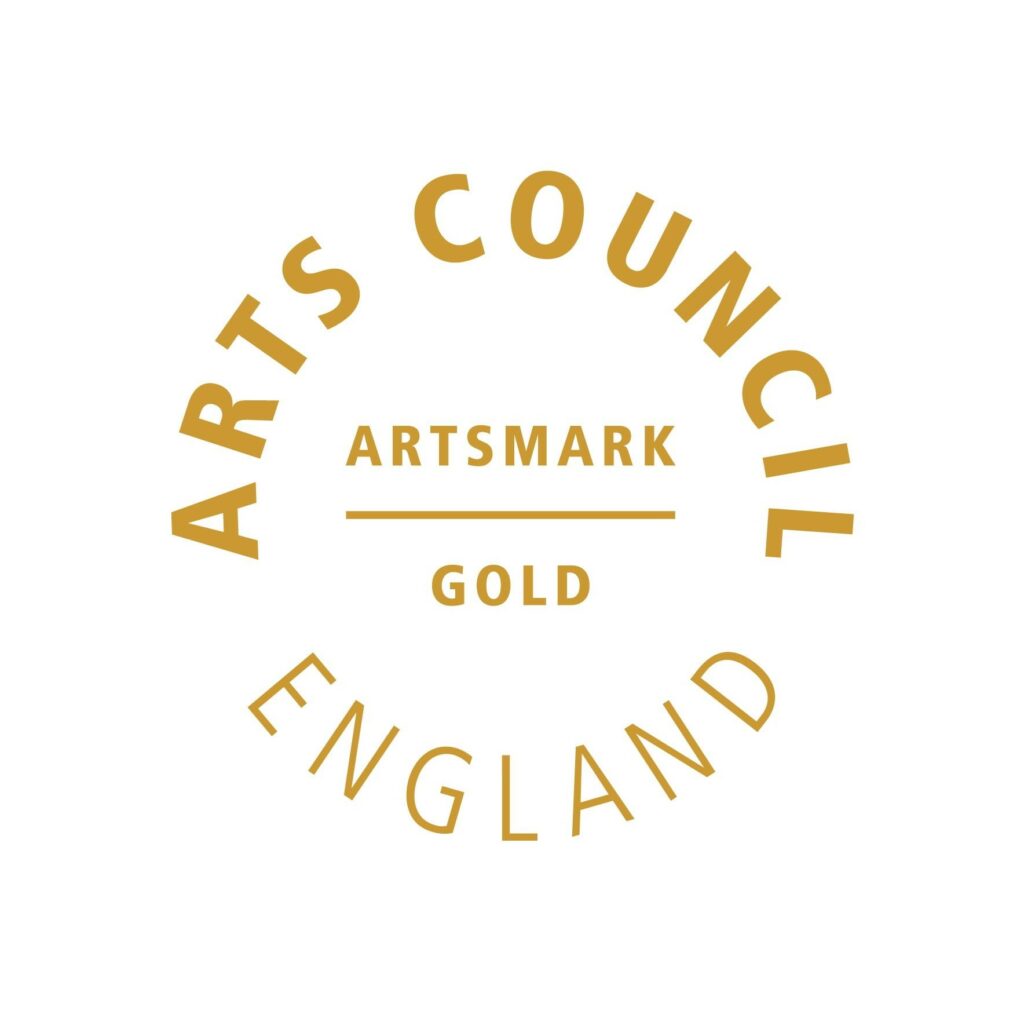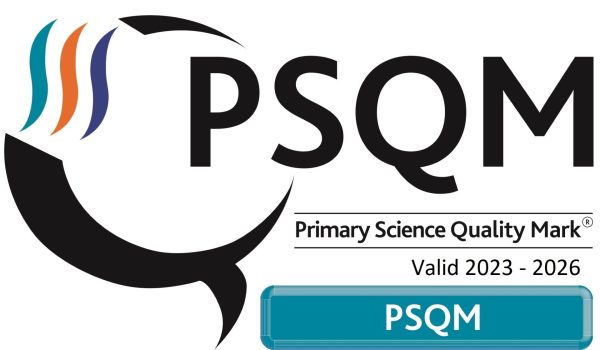Phonics and Reading
Reading at Chattenden
At Chattenden, we regard reading as a lifelong skill. Our goal is for children to leave school with confidence in discussing various books and enjoying reading for pleasure. We provide our readers with tools to navigate unfamiliar vocabulary and texts, empowering them to recommend books and explore a range of genres, including non-fiction. Pupils engage in book talks, analysing authors’ language choices and their effects on readers.
Why Reading is Important
Reading is fundamental to success in all subject areas. Through oracy and book discussions, combined with decoding skills, pupils’ language acquisition develops effectively alongside their reading proficiency. Exposure to rich texts, whether read independently or aloud, significantly enhances vocabulary development.
How We Teach Early Reading
- Daily 30-minute phonics sessions focus on fluency, decoding, and blending.
- Books are selected to demonstrate cumulative progress, tailored to the child's reading level.
- Children have access to electronic books.
- Opportunities for guided book discussions and reading strategies are provided.
- One-on-one reading sessions with teachers offer immediate feedback and next steps.
- Written comprehension tasks and diverse texts enhance cultural capital and align with curriculum themes.
Reading for Pleasure at Chattenden
Every child at Chattenden enjoys:
- Daily dedicated time for an adult to read aloud.
- Opportunities for meaningful book discussions.
- A well-organised book corner featuring high-quality fiction and non-fiction texts.
- Weekly DEAR (Drop Everything and Read) sessions to promote reading enjoyment.
Phonics
How We Teach Phonics
- In Reception and Year 1, we follow the Little Wandle Letters and Sounds Revised program with daily 30-minute sessions.
- By the end of Reception, children are taught up to Phase 3 and progress to Phase 4 if ready.
- By the end of Year 1, children complete Phase 5.
- In Year 2, daily phonics lessons target specific gaps identified through assessments.
- Planned catch-up sessions are available for Years 2-6.
- All staff receive ongoing professional development in phonics instruction.
How We Assess Phonic Knowledge
- Weekly review sessions in Reception and Year 1 reinforce learning.
- Whole review weeks are scheduled to address specific gaps.
- 'Keep up' sessions support children at risk of falling behind, following the Little Wandle program.
- Half-termly assessments in Reception and Year 1 track progress.
- Children are monitored by book band levels to facilitate smooth transitions between classes.
- Year 1 pupils participate in the Phonics Screening Check during the summer term, with repeat check at the end of Year 2, if required.







